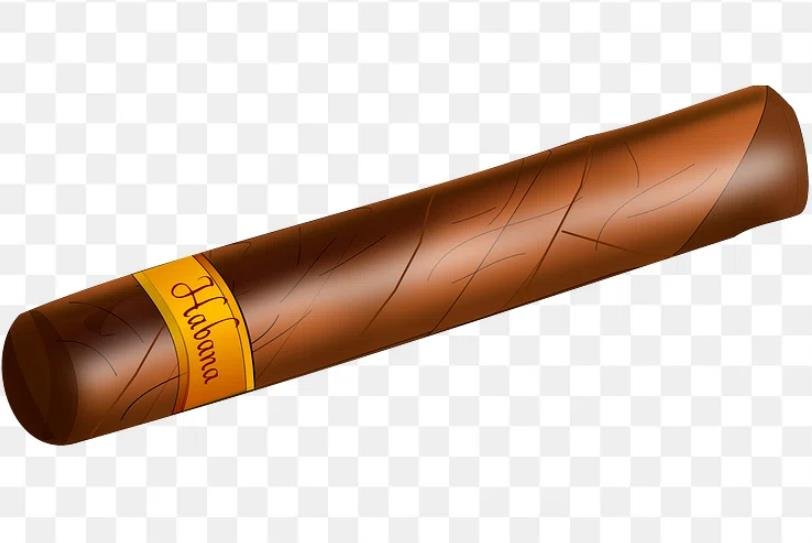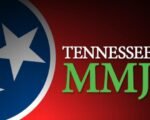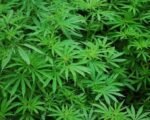The Bangladesh Economic Association (BEA) has suggested a drastic increase in the tax rate on cigarettes and other tobacco products in the upcoming budget. The BEA believes that this measure will not only reduce the prevalence of smoking in the country, but also generate additional revenue for the government.
The BEA, a professional body of economists, presented its budget proposal to the National Board of Revenue (NBR) on Sunday (February 18). The proposal was prepared by a team of experts led by the BEA General Secretary Professor Dr. Md. Aynul Islam. The BEA Vice President Professor Hannana Begum was also present at the meeting.

According to the BEA’s proposal, a single supplementary duty of 70% should be imposed on all types of cigarettes, regardless of their price or quality. This would increase the average price of cigarettes by 130%, making them less affordable and attractive for smokers. The BEA estimates that this would result in a 66% reduction in smoking, saving about 70 lakh lives and preventing about 71 lakh youths from becoming addicted to tobacco. Moreover, the government would earn at least Tk1,700 crore in additional tax revenue from this sector.
BEA also recommends 70% tax on smokeless tobacco and higher tax on bidi
The BEA did not limit its proposal to cigarettes, but also advocated for a 70% tax on all forms of smokeless tobacco, such as jorda, gul, sadapata, etc. These products are widely consumed in rural areas and among low-income groups, and pose serious health risks to the users. The BEA argues that increasing the tax on these products would discourage their consumption and protect the public health.
In addition, the BEA proposed to increase the tax on bidi, a cheap and popular alternative to cigarettes, by Tk 4.90 per packet of 25 pieces. This would raise the retail price of bidi by 50%, and generate an extra revenue of Tk 800 crore for the government. The BEA claims that this would also reduce the demand for bidi and encourage smokers to quit or switch to less harmful products.
BEA hopes to revive the economy from the crisis
The BEA stated that its proposal was motivated by the need to find new sources of revenue for the government, especially in the wake of the economic crisis caused by the Covid-19 pandemic. The BEA said that it had identified 27 potential areas where the government could increase its revenue collection without putting undue burden on the poor, the lower class, the lower middle class, and the middle class. These segments of the population have been severely affected by the crisis and cannot bear any additional tax pressure, the BEA said.
Instead, the BEA suggested that the government should consider imposing higher income tax on the super-rich, the rich, and the upper-middle class, who have the ability and the responsibility to contribute more to the national exchequer. The BEA also urged the government to curb tax evasion, corruption, and wasteful expenditure, and to ensure transparency and accountability in the use of public funds.
Maria Garcia is an award-winning author who excels in creating engaging cannabis-centric articles that captivate audiences. Her versatile writing style allows her to cover a wide range of topics within the cannabis space, from advocacy and social justice to product reviews and lifestyle features. Maria’s dedication to promoting education and awareness about cannabis shines through in her thoughtfully curated content that resonates with both seasoned enthusiasts and newcomers alike.








